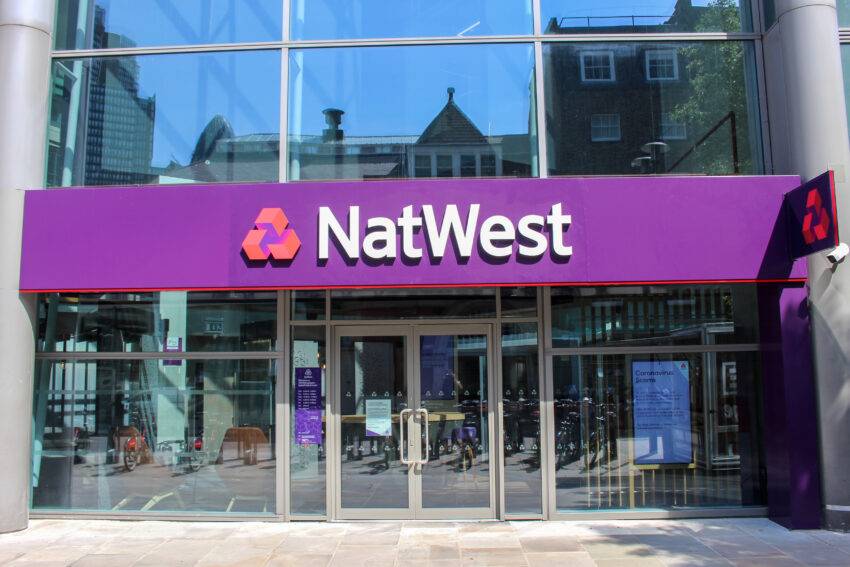Plans for the anticipated “Tell Sid” sale of NatWest shares owned by the UK government are likely to be postponed after Prime Minister Rishi Sunak called a snap general election for July 4.
The electoral rules, which restrict government activity during the purdah period leading up to an election, mean that the retail offer initially slated for June is now highly unlikely to proceed as planned.
Advisers were preparing to launch the sale process next month, but the election announcement has thrown these plans into disarray. The sale, which aimed to offer individual investors a chance to buy NatWest stock for the first time since the state’s rescue of the bank, was a key component of the government’s autumn statement last November. Chancellor Jeremy Hunt had evoked the famous “Tell Sid” campaign from the 1986 privatisation of British Gas, hoping to capture similar public enthusiasm and reinvigorate interest in the London stock market.
In his March budget, Hunt confirmed that the sale would take place “this summer at the earliest opportunity.” June was targeted for the retail offer due to the timing of NatWest’s half-year results in July and the potential dampening effect of summer holidays on market demand in August.
A high-profile marketing campaign for the sale was in the works, with M&C Saatchi hired to lead the promotional activities. Goldman Sachs and Barclays were also involved in preparing the transaction, which was to include a separate sale of shares to institutional investors.
The postponement means that the decision on the retail sale will now fall to the next government. The Treasury has not commented on the situation. The state’s stake in NatWest, managed by UK Government Investments, is a remnant of the £45.5 billion taxpayer bailout during the 2007-09 financial crisis. Although the government’s shareholding once stood at about 84%, it has been gradually reduced through sales to institutional investors and buybacks by NatWest, with the current stake just under 27%.
The government had aimed to fully return NatWest to private ownership by 2026, and the planned retail sale would have significantly accelerated this process. However, with the election now taking precedence, these plans are on hold until further notice.


